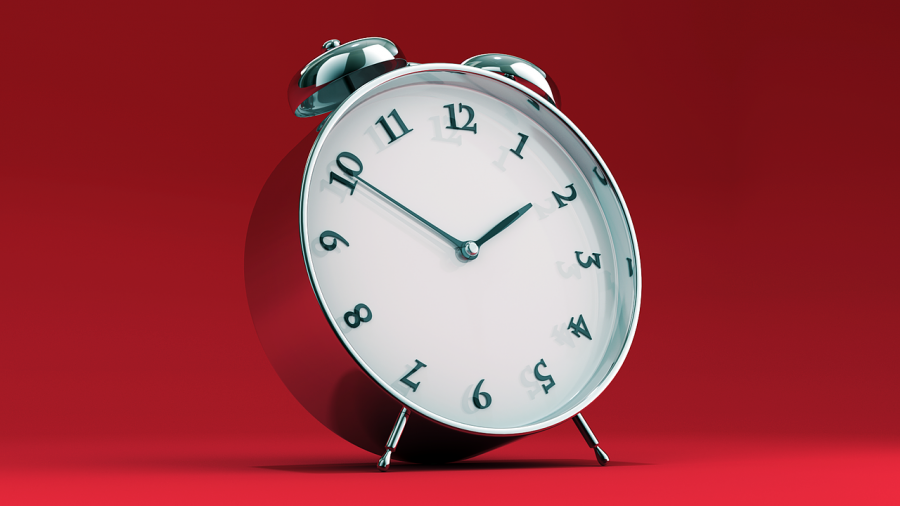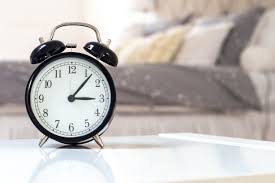Your Alarm Clock May Control More Than Just Your Mornings
June 12, 2020
Oftentimes, hearing your morning alarm in the middle of the day out of context can cause you to cringe or even feel a sudden rush of anxiety. Why is this so? While some note experiences of headaches, nausea, or general stress, there is a psychological science behind why our morning alarms have this odd control over our minds throughout the day.
Research presented by Dr. Michael Gradisar, a psychology professor at Flinders University, explains how these odd reactions to our alarms are due to “classical conditioning.”
“Simply put, over a number of mornings, our bodies may associate the sound of an alarm with unpleasant feelings. When the alarm goes off, we quickly think ‘what day is it?’, and then quickly realize what is planned for the day ahead. If we perceive these plans as being negative, then negative emotions and physical sensations can follow. Thus, our bodies have learned the sound of the alarm can trigger negative feelings.”
Psychology Today explains how noise may act as a stimulus. In fact, our alarm ringtones act as stimuli themselves, evoking “functional reactions” from our bodies. Our alarms are received with specific reactions that persist over time. With these specific reactions, we are able to better identify and respond to them. Reactions to different stimuli can vary across different circumstances and people, but for the most part, I would think that we can safely agree that our alarms are definitely not affiliated with a positive reaction.
So why do we feel sudden rushes of anxiety when hearing our alarms out of context? As a matter of fact, our morning alarms cause a lot of stress on our minds and bodies, acting as uncontrollable stimuli. Since we are unable to control our alarms, especially while asleep, we generally regard them with greater feelings of stress. In addition to this, we’ve trained ourselves to wake up through measures that “startle us awake.” Many of our alarms begin our mornings with a rush of stress hormones, that only enhance the negative experience. And beyond just our alarm clocks, mornings themselves generally carry their own weight in stress. The anticipation of the coming day— including its plans, goals, and deadlines—cause us to begin our mornings with uneasiness These same feelings of stress soon become linked to our ringtones over time, which is where classical conditioning comes into play. After we’ve mentally connected our alarms with these feelings of stress, the same responses will generally apply in other environments, whether it be in the morning or at night, at home or in school.
This science is very similar, if not identical, to an experiment that Ivan Pavlov published in 1897. Pavlov studied how a dog responded when presented with meat, and used his studies on digestion in order to test his theory on “classical conditioning.” Pavlov began his experiment by studying how the dog’s mouth began to salivate when given the meat. In the next phase of his research, he rang a bell right before serving the meat. Over time, the dog had begun to associate the bell (stimuli one) to the meat (stimuli two), and when the bell rang, the dog soon learned to expect the meat and its mouth would water. Very similarly to the famed experiment with Pavlov’s dog, we condition our minds to familiarize waking up in the morning (stimuli one), which in itself is unpleasant, to our alarms (stimuli two). And eventually, we will begin to associate our morning stress from stimuli one to stimuli two (our alarms!).
However, there are many ways we can work to combat these types of alarm anxieties. There are many solutions and alternatives to our phone alarms to start our mornings on a less stressful note. There are several other reliable apps and alarm alternatives available that can help ease our transition from sleep to wakefulness. Changing the sound of our alarms from time to time may also be beneficial, so that your mind does not become overly affiliated to one alarm. Even changing your alarm ringtone to something less startling may help to relieve that extra stress in the morning.


















































































































































